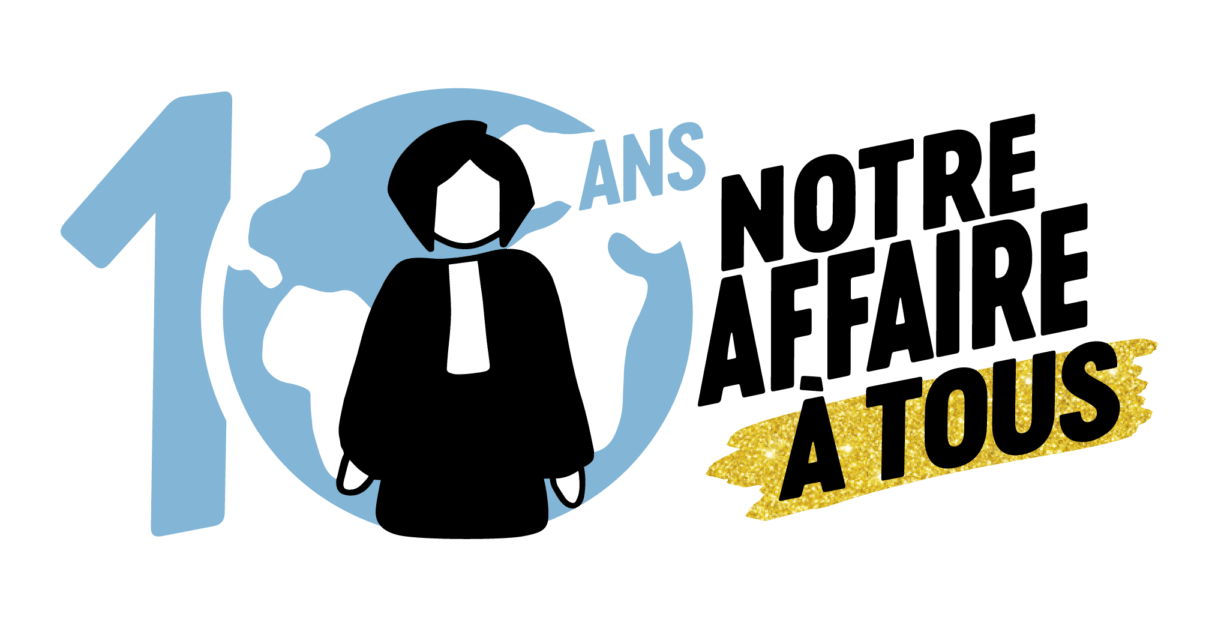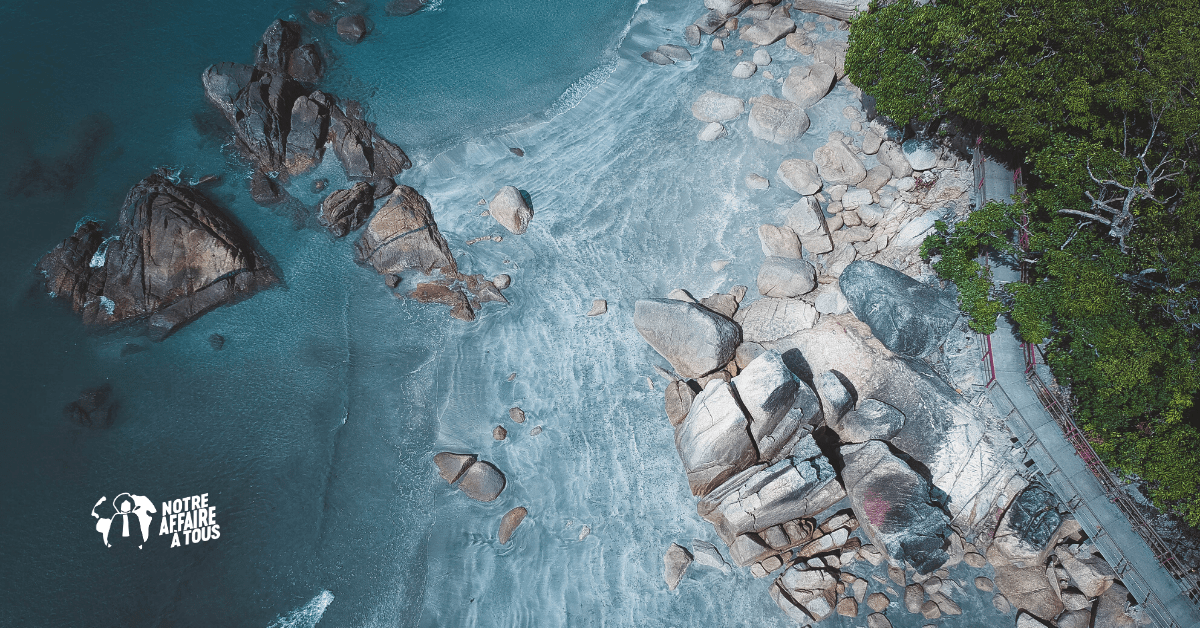Overview
Dualism between humans and Nature is rooted in our western societies’ anthropocentric vision of the world. Reinventing our relations with Nature and protecting it is possible through law, and more particularly the rights of Nature.
Rights of Nature are a relatively new concept prompt to significant evolutions. The objective is the recognition of the legal personality of natural entities, thereby giving themrights “to exist, develop and evolve” and the capacity to legally defend their interests.
By these rights, we can defend Nature and break her silence. It is not about taking rights away from humans, but about reinforcing the inextricable connection between humans and Nature.
Objectives
- To create an environmental law matching the planetary boundaries. Integrating in law the nine systems that regulate our planet’s balance (climate, freshwater, biodiversity, ozone layer…) can be made, for instance, through the recognition of the rights of Nature and the crime of ecocide.
- To obtain the recognition of the rights of Nature. Granting legal personality to living entities is a highly promising path, taken by several countries (New-Zealand, India, Ecuador…) to guarantee an increased protection of Nature.
- To create an environmental law genuinely dissuasive and repressive when necessary. Such penal incrimination would bring a true change in current way of living. The recognition of ecocide must be stated in the French criminal code as well as in the Rome Statute establishing the International Criminal Court.
- To be a source of exhaustive documentation in terms of rights of Nature. Getting a comprehensive vision of the actions building this new area of law and to rise awareness and rally the public to such an innovative topic.
How ?
The legal experts and volunteers of Notre Affaire à Tous study and mobilise court ruling and legislation conferring rights to Nature across the world. In the international-oriented law context, we believe this legislation and its opposability may contribute to the evolution of environmental law in France, and it represents a precious resource for our defence.
We also put to use the growing diversity of tools available to promote a more effective environmental law: by co-organising courts for rights of Nature, by supporting innovative programs dedicated to non-human entities – such as the Parliament of Loire project -, by defending our revendications before citizen bodies of participatory democracy, or by seeking legal remedies in defence of Nature.
Our actions
Recognition of the rights of nature in the world
Une carte d’évènements
Déclaration des Droits du Manoomin, Etats-Unis (2019)
Pétition citoyenne de la ville de Toledo, lac Erie (2019)
Charte de Broadview Heights, Etats-Unis (2012)
Bill of Rights du State College, Pennsylvanie (2011)
Ordonnance d’arrondissement de Forest Hills, Pennsylvanie (2011)
Ordonnance de Pittsburgh, États-Unis (2010)
Ordonnance de West Homestead, Etats-Unis (2011)
Ordonnance d’arrondissement de Baldwin (2011)
Décision de la Cour Suprême de Justice pour l’Amazonie, Colombie (2018)
Reconnaissance de l’Amazonie colombienne comme sujet de droits (2018)
Climate Bill of Rights and Protections de Lafayette, Etats-Unis (2017)
Résolution de Crestone, Etats-Unis (2018)
Inde – Jugement de la Haute Cour de Uttarakhand (2018)
Charte du comté d’Orange, Etats-Unis (2020)
Décision de la Haute Cour du Bangladesh, rivière Turag (2019)
Loi du Parlement néo-zélandais, Fleuve Whanganui (2017)
Moratoire sur l’exploration et l’exploitation du pétrole dans la zone maritime du Belize (2017)
Extension de l’Habeas corpus aux animaux (2017)
Décision de la Cour Constitutionnelle d’Equateur, forêt Los Cedros (2019)
Amendement du Parlement Ougandais du National Environment Act (2019)
Ordonnance municipale de Yellow Springs, Ohio (2012)
Ordonnance municipale de Tamaqua Borough (2006)
Loi du Parlement Néo-Zélandais, Te Urewera (2014)
Loi du Parlement de l’État de Victoria, Fleuve Yarra (2017)
Propositions de loi visant à faire reconnaître les droits de la Nature (2015 et 2017)
Amendement de la loi organique, Florianópolis (2019)
Code de l’environnement de la Nouvelle-Calédonie, Province des Îles Loyauté (2016)
Adoption d’une Constitution tournée vers une approche écocentrée (2009)
Loi Cadre de la Terre Mère et du développement intégral pour le Bien Vivre (2012)
Résolution du Conseil de la Tribu Yurok, rivière Klamath (2019)
Our resources
Our other actions


